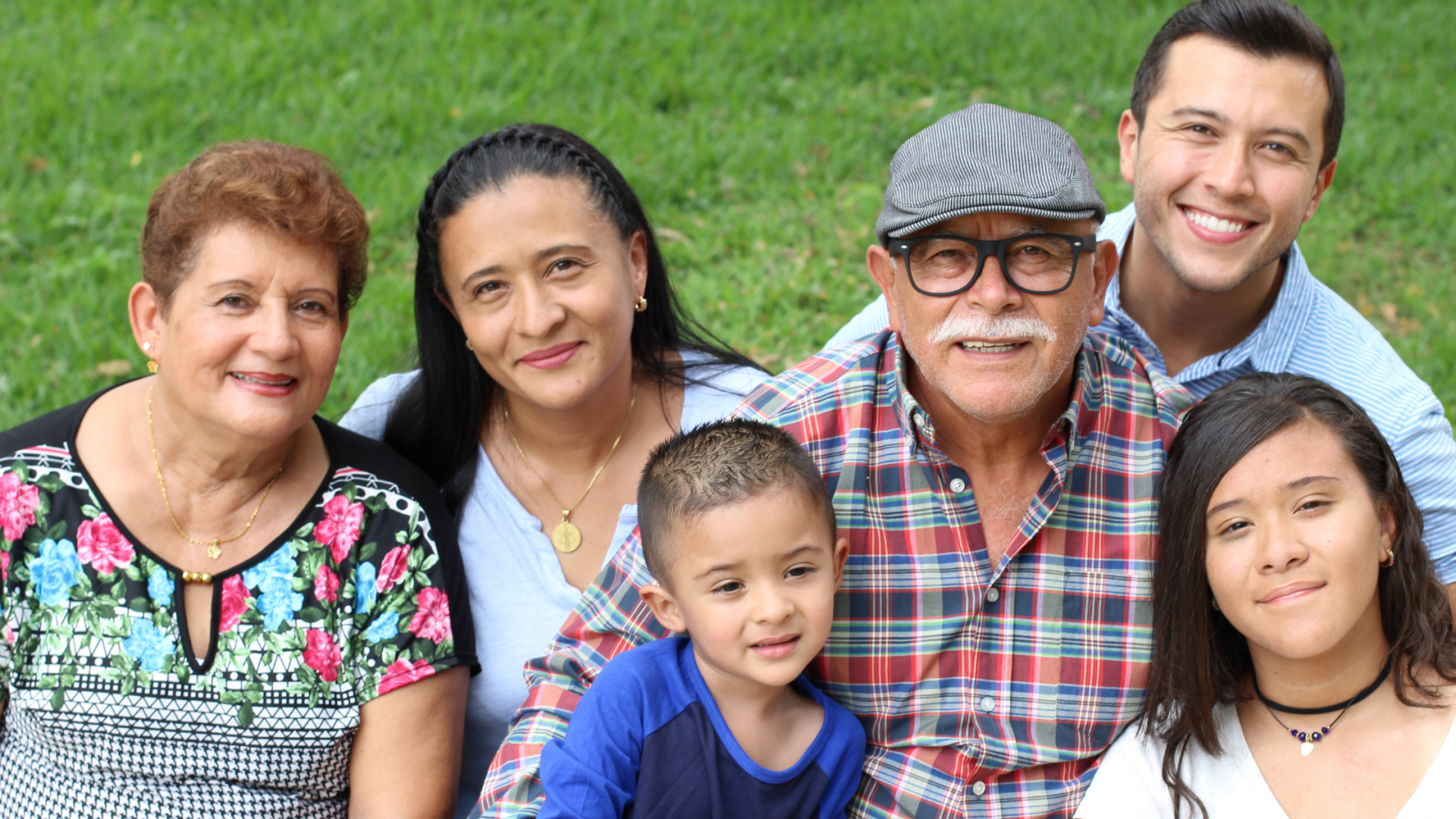Hispanic Heritage Month & Eliminating Barriers to Services
Paige DeJarnett
The days between September 15 – October 15 are known as Hispanic Heritage Month. This is a time when Hispanic Americans are recognized for their contributions to the success of our current society and are praised for the ways that the heritage and culture of Hispanic Americans have influenced our everyday lives.
It is important to understand that by saying Hispanic Heritage Month, our country is recognizing any individual who is from, or is related to someone who is from, a Spanish-speaking country. Therefore, the term Hispanic includes the Latinx community in our country, but the terms are not interchangeable, and often are decided by the personal preference of the individual.
Hispanic Heritage Month first began as a week-long celebration in 1968 and was expanded in 1988 to include a full month-long recognition. September 15th is an important day as it is the anniversary of independence for many Latin American countries including Costa Rica, El Salvador, Guatemala, Honduras, and Nicaragua. Mexico’s significant day for independence is September 16th while Chile celebrates its independence day on September 18th. October 12th also is included in the dates for Hispanic Heritage Month and is celebrated as Columbus Day or the Día de la Raza. Día de la Raza is the celebration of Hispanic heritage within Latin America and influences the distinctive culture and traditions. Many celebrations in the United States take place during Hispanic Heritage Month and there are several easy ways to appreciate and acknowledge the influence of the Hispanic culture such as by visiting a museum that highlights Hispanic culture and traditions, learning more about the independence days of Latin American countries, reading books by Hispanic and Latinx authors, or supporting a Hispanic or Latinx-owned business, among many other ways to get involved.
Although it is exceptionally important to acknowledge the influences and contributions of Hispanic and Latin Americans, it is also equally essential to understand the many barriers that members of Spanish-speaking communities face when reporting sexual assault and harassment and when accessing services. One of the largest barriers for these individuals involves language. Being able to talk to someone in one’s own language is something that may often be taken for granted but is exceptionally important especially when speaking about experiences of sexual assault or harassment. Without access to a bilingual advocate, officer, or medical professional, a Hispanic or Latinx survivor may feel especially intimidated when asking for help or services. Language barriers can lead to inadequate relationships between survivor and provider and can cause extreme anxiety and misunderstandings. However, language barriers are not the only obstacle that Hispanic and Latin Americans may face in these situations. There may be bilingual service providers who do not understand the culture of the survivors and may not acknowledge the shame or stigma that might be prevalent in certain communities and cultures. Many Hispanic communities rely on the ability to trust other members of that community and can confide in them, but if they feel as though that trust is not felt with a service provider, then they may not report their experiences with sexual assault or seek help from service-oriented organizations.
Here at the NWA Center for Sexual Assault, we aim to create an environment where all primary and secondary adult survivors of sexual assault can feel safe and heard when seeking help with their experiences.
We have bilingual staff members and advocates that understand the cultures and traditions of Hispanic and Latin Americans. Our bilingual staff includes volunteers, advocates, and counselors to assist in the healing process. Estamos Contigo, one of our outreach projects, serves the Spanish-speaking population in Northwest Arkansas and strives to break the silence of sexual assault through education, support, and free services in order to build relationships and make genuine connections throughout the Spanish-speaking community.
Hispanic Heritage Month is an important time to acknowledge and recognize the contributions of Hispanic and Latinx cultural influences, but it is also imperative to understand the barriers that individuals in these Spanish-speaking communities face when reporting and seeking help to heal from sexual assault.
Resources:
- https://www.nationallatinonetwork.org/learn-more/facts-and-statistics/prevalence-and-occurrence
- https://www.pcar.org/sites/default/files/resource-pdfs/supporting_latin_communities_fact_sheet.pdf
- https://nationallatinonetwork.org/images/TDV-factsheet-English-2018.png
- https://ovc.ojp.gov/sites/g/files/xyckuh226/files/pubs/existeayuda/tools/pdf/factsheet_eng.pdf
- https://nccasa.org/nhhm-2020/
- https://www.hispanicheritagemonth.gov/about/
- https://www.rainn.org/news/barriers-reporting-spanish-speaking-communities
Share this post







